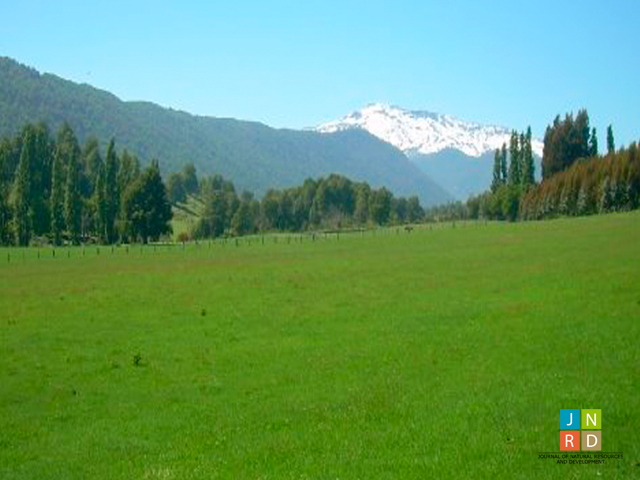Simulation of upward flux from shallow water-table using UPFLOW model
Main Article Content
Abstract
The upward movement of water by capillary rise from shallow water-table to the root zone is an important incoming flux. For determining exact amount of irrigation requirement, estimation of capillary flux or upward flux is essential. Simulation model can provide a reliable estimate of upward flux under variable soil and climatic conditions. In this study, the performance of model UPFLOW to estimate upward flux was evaluated. Evaluation of model performance was performed with both graphical display and statistical criteria. In distribution of simulated capillary rise values against observed field data, maximum data points lie around the 1:1 line, which means that the model output is reliable and reasonable. The coefficient of determination between observed and simulated values was 0.806 (r = 0.93), which indicates a good inter-relation between observed and simulated values. The relative error, model efficiency, and index of agreement were found as 27.91%, 85.93% and 0.96, respectively. Considering the graphical display of observed and simulated upward flux and statistical indicators, it can be concluded that the overall performance of the UPFLOW model in simulating actual upward flux from a crop field under variable water-table condition is satisfactory. Thus, the model can be used to estimate capillary rise from shallow water-table for proper estimation of irrigation requirement, which would save valuable water from over-irrigation.
Article Details
Issue
Section

This work is licensed under a Creative Commons Attribution-NonCommercial-NoDerivatives 4.0 International License.

